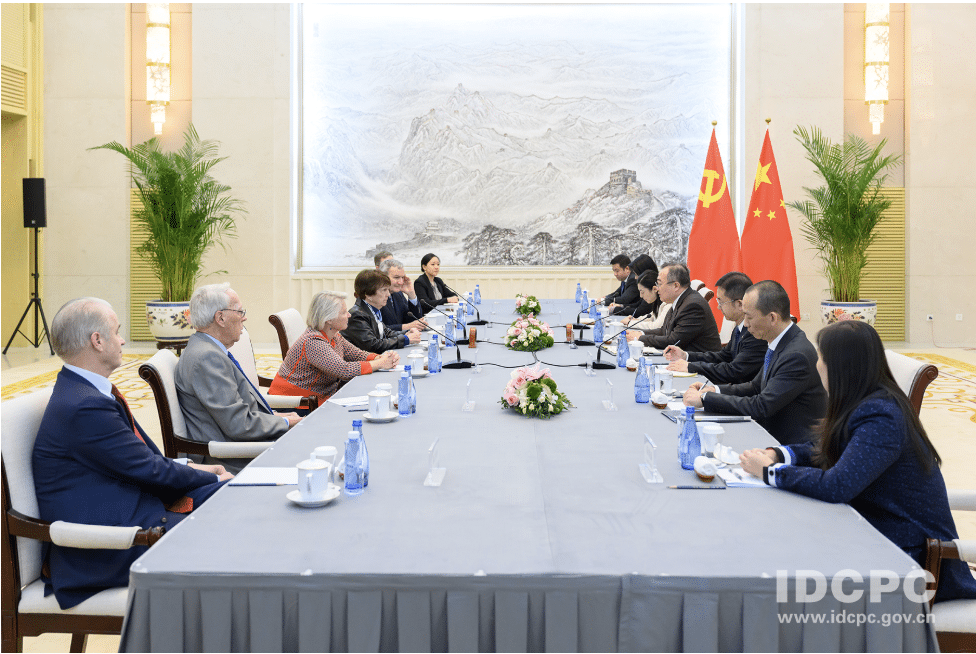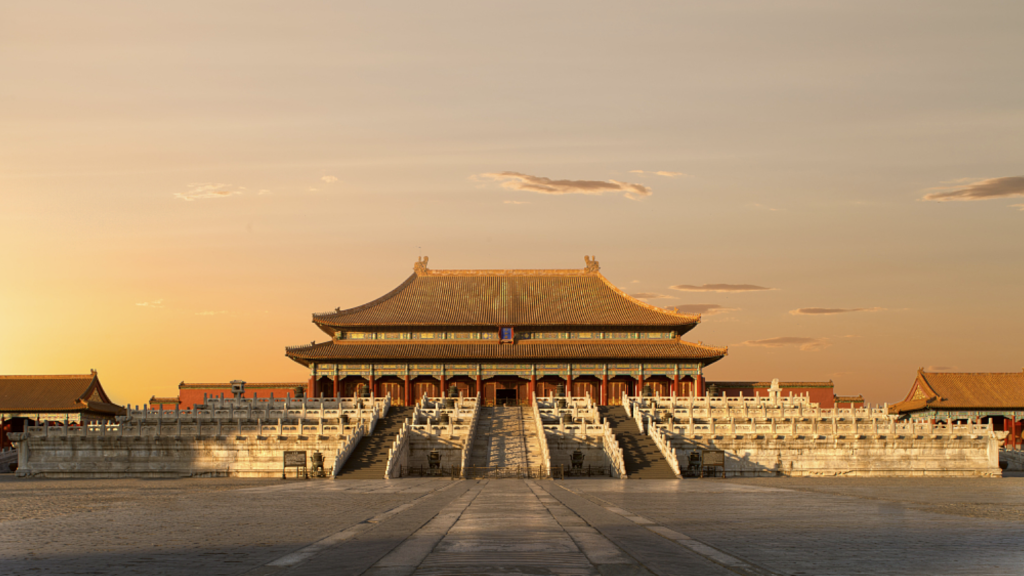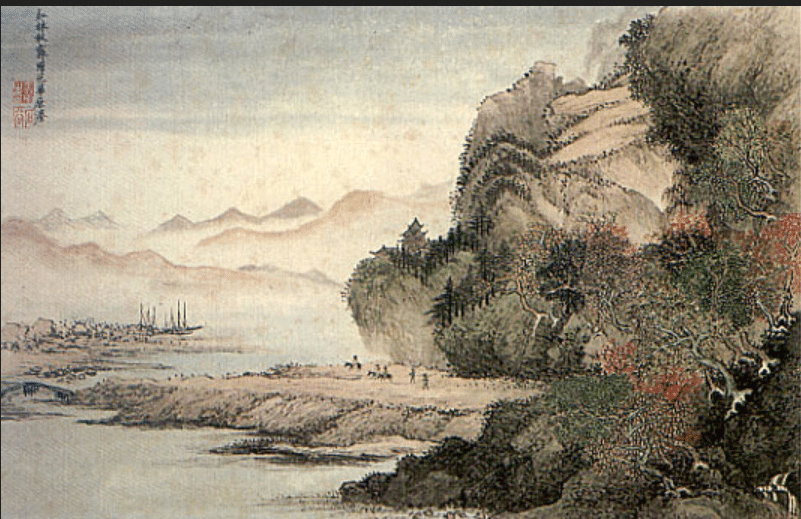China’s Xi Jinping: Reformer In Disguise?
A Chinese leader gracing the covers of major western publications used to draw wild cheers from the country’s state media.
When President Xi Jinping appeared on recent covers of The Economist and Time, however, Beijing authorities summarily blocked the two magazines’ websites inChina.
It was no coincidence that both front pages — and the accompanying articles — portrayed Xi emerging as a new Mao Zedong, the founding father of Communist China but also considered one of the most ruthless leaders in modern history.
Three years into his expected decade-long reign, Xi — who also heads the ruling Communist Party and the two-million-strong People’s Liberation Army — has amassed more power than almost any other post-Mao Chinese leader.
Xi sits atop a growing number of self-created “leading small groups,” powerful committees that oversee all matters of the state ranging from national security, economic reform to internet control.
He has effectively killed a decades-long system — set up after Mao’s death — of consensus ruling among a few senior leaders.
Last week, he acquired another title — “commander in chief” of the nation’s new joint forces battle command center, consolidating his control of the military.
His government has been silencing critics at home and abroad, strengthening its extensive internet censorship, arresting people for online comments and even allegedly sending agents overseas to kidnap its detractors.
Many lawyers, intellectuals and businessmen — well known for their dissenting views on state policies but tolerated by Xi’s predecessors — have fallen victim to the latest crackdown.
New Mao?
Not since the height of Mao’s Cultural Revolution — the tumultuous 1966-76 political movement marked by ideological fervor — has the Chinese public seen so much leader-worshipping in state media, including daily stories exalting Xi’s wisdom and achievements as well as elaborate songs and dances dedicated to him on national television.
“It’s an overstatement to say Xi’s becoming the next Mao — what we do see is a leader who wants to centralize power… and his formative experiences lay in the Cultural Revolution era,” said Orville Schell, a prominent American scholar who has been visiting China since the Mao years and now heads the Center on U.S.-China Relations at the Asia Society in New York.
“It’s not surprising when he reaches into his toolbox, he comes up with many tools that harken back to that period when Mao was alive: control, propaganda, discipline,” he added. “But I don’t think it’s possible for Chinese society to regress… to that degree of self-isolation and total indoctrination.”
Another longtime China analyst agrees with Schell on the unlikelihood of another Cultural Revolution — though with a different take on Xi’s power grabbing.
“Consolidating power is the most important thing Xi has done since he took office — many have mistaken that as a sign of Xi becoming the next Mao,” said He Pin, the founder of Mingjing News, an influential Chinese-language media company based in New York that publishes books and runs websites on Chinese politics.
“Whether he turns out to be a true dictator or reformer, consolidation of power remains a prerequisite for a national and Party leader to succeed,” He said, explaining that the post-Mao system of dividing power among several members of the Politburo Standing Committee — China’s top decision-making body — had only meant fiefdoms and factional struggles instead of checks and balances.
“Xi’s biggest mistake in the past few years has been still trying to make changes within the system — the system is beyond saving.”
Protracted fight
Nowhere has Xi devoted more energy and resources than to his war on corruption, an issue he once labeled “life-and-death” for the Party.
After punishing thousands of officials, including the former domestic security czar and two retired top generals, his massive campaign seems to be losing steam — and attracting criticism over Party investigators’ extrajudicial and often brutal methods.
“Sure the campaign was popular at the beginning but then ordinary people started to realize that it had little to do with them — and had benefited them little,” He said, calling Xi’s “selective” anti-graft fight “political grandstanding.”
“Now officials and businessmen have little sense of security because most of their assets have been accumulated illegally,” he added. “The campaign is wrong because the system is unfair and breeds corruption.”
“I don’t think Xi will get corruption out of the system because you can’t have bureaucrats who control state assets get paid a couple thousand yuan a month and not have them be corrupt,” said Schell, referring to the relatively low salaries for most Chinese officials.
“I do grant him that his impulse is a sincere one. But on the other hand… you have to look at the anti-corruption campaign as sitting on a much larger political movement that is dedicated to ideological uniformity.”
A few cracks have appeared in the wall of ideological uniformity, though — noticeably in the form of two recent open letters calling for Xi’s resignation.
Open letters
Both anonymous online posts list a series of Xi’s failures on domestic and international fronts, accusing him of becoming a dictator and building a personality cult, while highlighting the continued economic slowdown in China and mounting regional tensions over China’s territorial disputes with its neighbors.
“I think the letters reflect the views of many officials, businessmen and intellectuals,” He said. “The subsequent manhunt for the authors only shows that the letters hit a nerve — and should serve as a warning to Xi.”
Even with more than a dozen people taken into police custody in connection to the case, experts point out that issues raised in the letters are not going away.
The Chinese economy — now the world’s second largest — posted its slowest growth in a quarter century in 2015, after the government clumsily tried but spectacularly failed to stop a stock market crash last summer that wiped out a third of share value within a month.
“This is a great danger about consolidating power and Xi’s gotten rid of his premier, in effect,” Schell said. “So everything is on him — and the only place where he can pass blame off to is of course foreigners.”
In the South China Sea, where Beijing competes with five small neighbors on territorial and maritime claims, China’s island-building and military deployment have unnerved other claimants, prompting some of them to embrace Washington’s increasingly visible military presence in contested waters.
“The tendency to blame hostile foreign forces will undermine China’s ability to get along with the U.S. and it’s a very precariously balanced situation where China doesn’t have any allies,” Schell said.
“It’s also the opposite of what Confucius said — and of course Xi allegedly loves Confucius who said if something goes wrong, the first obligation of a gentleman is to look within oneself and do some self-cultivation.”
‘China virus’?
Xi has been cultivating ever-closer economic ties between China and developing countries since he took office, vastly outspending the West by pouring billions of dollars in both investments and aid in Africa, Latin America and Southeast Asia.
“Such scenarios are hurting the U.S. and western interests: Obama can’t just write a huge check to other countries but Xi can, unfettered by any checks and balances at home,” He said.
“China is a power without the constraint of rules, without a moral foundation and without the rule of law — and that has its appeal… because giving someone money without asking for anything in return is very attractive.”
Having coined the phrase “China virus” to depict the impact of Beijing’s mercenary approach to international relations, He says he worries about Xi’s hardline domestic policies spreading outside China’s borders and dealing a blow to democratic values across the globe.
Schell has reached a similar conclusion, noticing Xi’s apparent rejection of a longstanding goal of national reform in moving China towards a more open society.
“China’s very 19th Century notion of sovereignty — whether it’s in regard to the Internet, human rights, or whatever — is somewhat primitive,” he said.
“I do think the world has always been threatened by authoritarian models and rules… and you have to be concerned that this represents a kind of an infection in the global order.”
“It’s possible that we wake up tomorrow and Xi Jinping will be a very different person,” he added. “But generally speaking, history doesn’t move in that direction — what you see is what you’re going to get.”
By STEVEN JIANG Apr. 24, 2016 on CNN
Read more here








